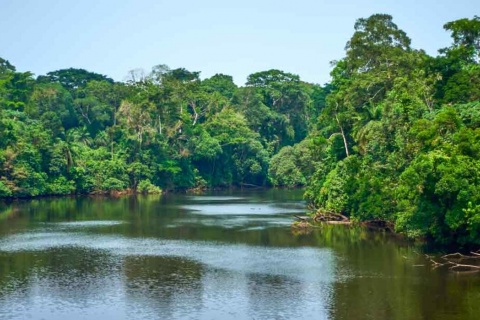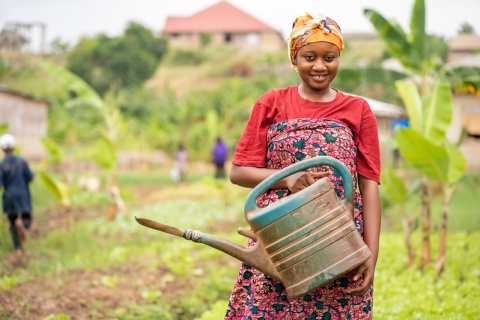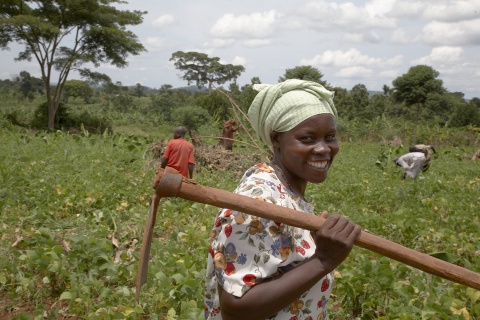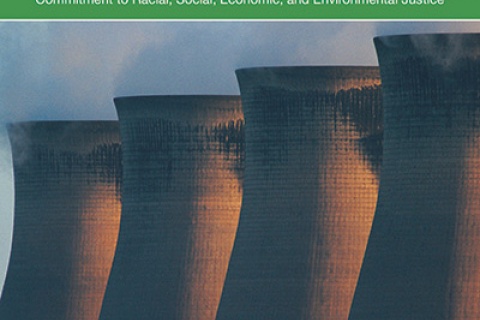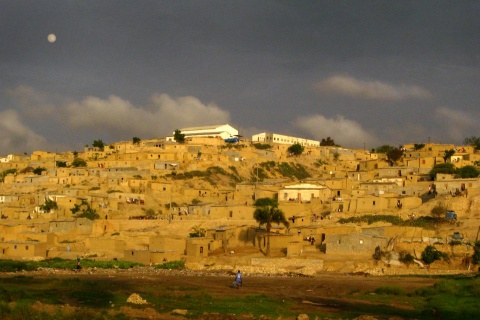Découvrez des histoires cachées et des voix non entendues sur les questions de la gouvernance foncière dans le monde entier. C'est ici que la communauté du Land Portal partage ses activités, ses expériences, ses défis et ses succès.
Issues
Geographical focus
Une sécheresse dévastatrice à Madagascar, de graves inondations en Afrique de l’Est et de puissants cyclones au Mozambique. Ces récentes catastrophes naturelles ne sont qu’un avant-goût de ce qui attend l’Afrique avec l’intensification de la crise du climat.
Comprendre les inégalités femmes-hommes dans un secteur donné et concevoir des programmes soucieux d’y remédier est essentiel à la réussite des projets de développement international.
Pour briser le cercle apparemment sans fin de violences, de santé publique défaillante et de sous-développement, un accès équitable à l’eau est indispensable. Pour y parvenir, il faut réunir tous les acteurs politiques et techniques à la faveur de nouveaux partenariats public-privé.
There is an immense pressure on land in Uganda. The country has a rapidly growing population and is host to the world’s third largest refugee population. Particularly poor people struggle to get access to healthy food. Agriculture practices need to become more efficient and focused on the domestic market. The Embassy of the Kingdom of the Netherlands (EKN) in Uganda works to improve food security in selected areas in the country. Among several food security projects, the EKN works with the LAND-at-scale program to improve land governance.
Nous avons besoin de votre expertise!
Pour le prochain Forum mondial de la terre 2022, un court document sera présenté sur l'évolution des questions de gouvernance foncière entre le FGL de 2018 en Indonésie et le FGL de 2022 en Jordanie.
Submission Deadline: All manuscripts should be submitted for consideration by December 31, 2021.
The global environmental crisis is intertwined with the crisis of social and economic inequality. From coal plants to palm oil plantations, economic activities that threaten the planet are concentrated in communities with less power and wealth. “You can’t have climate change without sacrifice zones,” writes Hop Hopkins, “and you can’t have sacrifice zones without disposable people.”1
By Allan Cain, Development Workshop Angola
* This article was originally published as part of the online discussion on customary law in Southern Africa
By Monica de Souza Louw, Land and Accountability Research Centre (LARC), University of Cape Town
* This piece was originally published as part of the online discussion on customary law in Southern Africa
By Sean Johnson, land administration specialist at COWI, Swaziland
* This piece was originally published as part of the online discussion on customary law in Southern Africa
By Phillan Zamchiya, Institute for Poverty, Land and Agrarian Studies (PLAAS)
* This article was originally published as part of the online discussion on customary law in Southern Africa
Submission Deadline: All manuscripts should be submitted for consideration by December 31, 2021.
The global environmental crisis is intertwined with the crisis of social and economic inequality. From coal plants to palm oil plantations, economic activities that threaten the planet are concentrated in communities with less power and wealth. “You can’t have climate change without sacrifice zones,” writes Hop Hopkins, “and you can’t have sacrifice zones without disposable people.”1
There is some irony in that many of the terms – ‘thesaurus’, ‘taxonomy’, ‘controlled vocabulary’ ‘ontology’ – that are intended to bring order and clarity to our use of language in professional settings are themselves subject to diverse interpretations and application. This is in large part because they are used by a range of people working in different contexts with different purposes.


